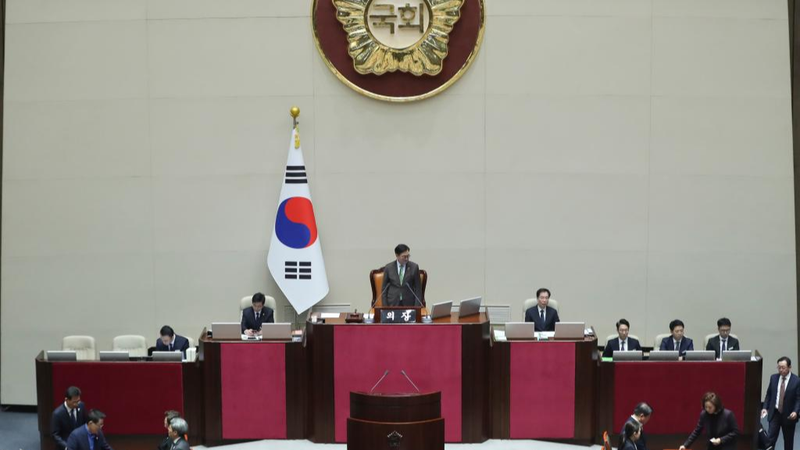When the Communist Party of China (CPC) introduced its groundbreaking Eight-Point Decision in 2012, few anticipated its enduring impact on governance and public trust. This policy, designed to curb bureaucratic excess and strengthen ties with citizens, has evolved into a cornerstone of modern political discipline.
The decision emerged as a direct response to longstanding challenges in party conduct, targeting issues like extravagant official banquets and misuse of public funds. Its immediate effects were visible: streamlined operations, reduced wasteful spending, and a renewed emphasis on accountability. But the true test lay in transforming short-term wins into lasting institutional change.
General Secretary of the CPC Central Committee Xi Jinping emphasized early on that sustainable reform required systemic solutions. "The key is to solve problems by fixing the system," he noted, setting the stage for a decade of rigorous policy development. Subsequent CPC leadership meetings consistently prioritized implementing these standards, embedding them in disciplinary regulations and organizational protocols.
What began as anti-corruption measures soon grew into a comprehensive governance framework. Over 50 supporting regulations emerged, addressing everything from travel reimbursements to conference budgeting. These policies created interconnected safeguards, making misconduct increasingly difficult through structural prevention rather than periodic crackdowns.
The results speak volumes: annual spending on official vehicles and receptions dropped by over 70% within five years, while public satisfaction with anti-corruption efforts reached record highs. More importantly, the decision established a blueprint for continuous institutional innovation – proving that disciplined governance and public confidence can grow hand in hand.
Reference(s):
cgtn.com








